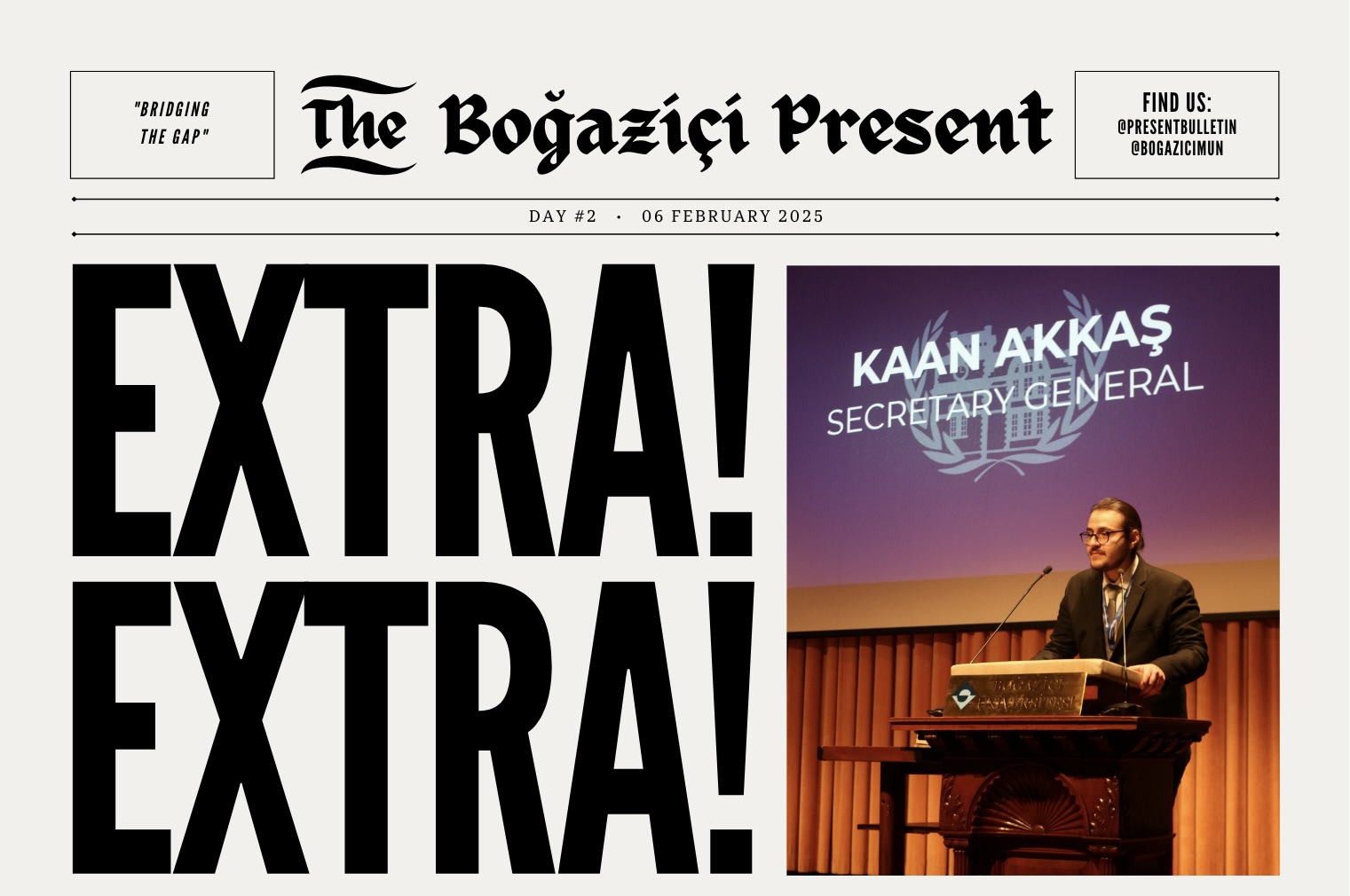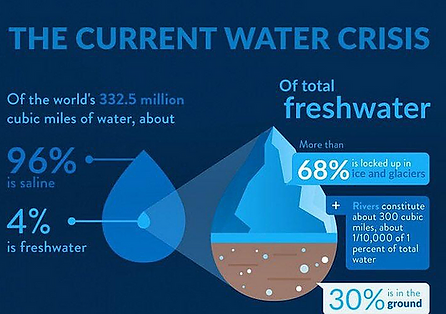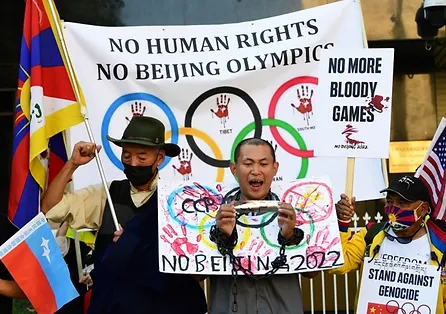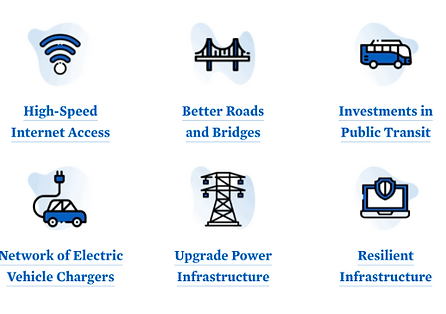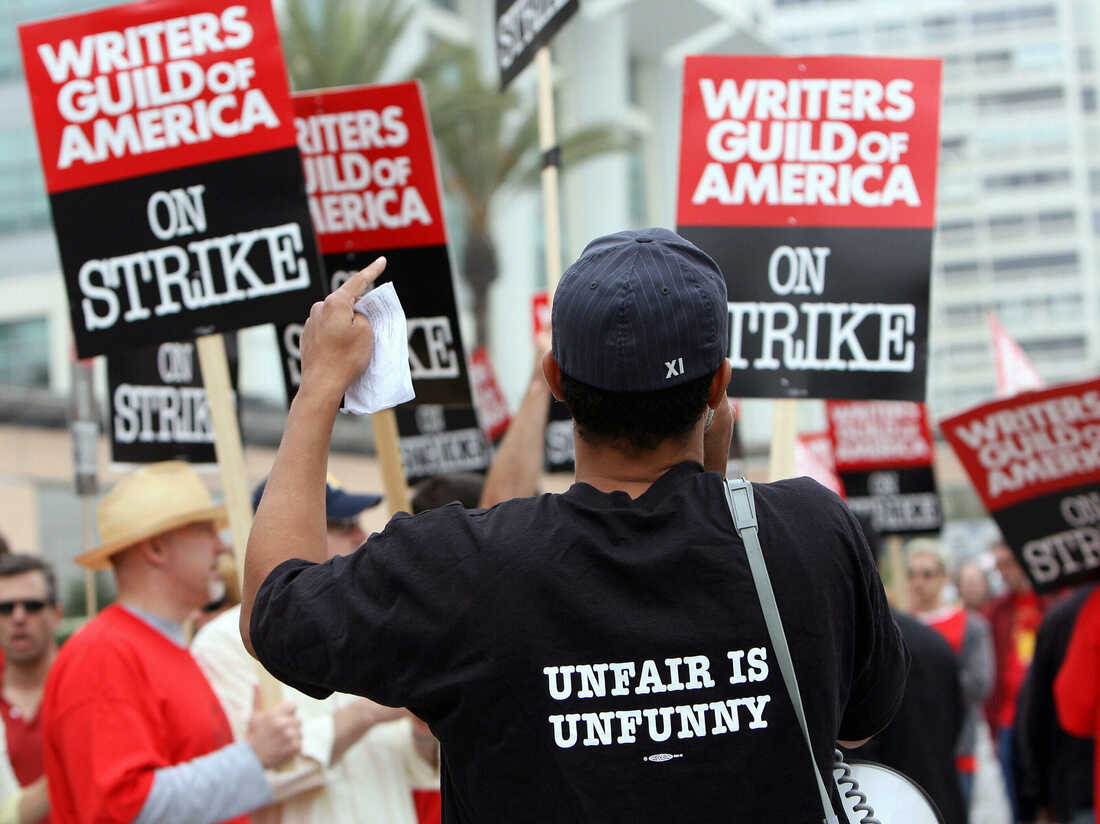
Lights, Camera, Strike: Hollywood's Labour Nightmare

Picture this: Hollywood's biggest stars trading their scripts for protest signs as the WGA & SAG-AFTRA strike turns Tinseltown into a real-life drama-comedy fusion – lights, camera, action...on the picket lines!
Just months ago, in a bold stance against the corporate giants dominating the entertainment industry, writers and actors banded together in a resolute strike, demanding fair compensation for their invaluable contributions. As the very fabric of Hollywood faced disruption, these impassioned creatives held their ground against industry titans such as Disney, Netflix, and Amazon for 191 days on the picket lines; championing their cause, advocating for fairer wages in this age of streaming and artificial intelligence — marking the second time in history (the first being in 1960) the two labour unions were striking in unison.
The backbone of this movement lies in the appalling inequalities that persist in compensation even now, regardless of the finalising agreements that have been reached between the parties involved. Despite being the bedrock of captivating narratives and compelling performances, writers and actors continue to grapple with measly wages and inequitable profit sharing in residuals, while corporate coffers swell to unprecedented sizes — reminding us once again that the phrase “starving artist” doesn’t come from thin air, after all.
From May to November, creatives took to the streets to show us that amidst the glitz and glamour of the entertainment world, reality for many writers and actors is far from glamorous. The likes of Bob Iger, Ted Sarandos and David Zaslav (the CEOs of Disney, Netflix and Warner Bros., respectively) swim in never-before-seen highs in profits while 87% of SAG-AFTRA union members don't even qualify for health insurance. How much do they have to make to qualify, you may ask: $26,000 a year. Many struggle to make ends meet, juggling multiple jobs to sustain their artistic endeavors and keep food on their tables at the same time. These are working class people, just like the rest of us.
This lack of fair treatment not only undermined the creatives’ financial stability but also left the boundaries of the American entertainment news cycle, reaching international coverage due to its fair share of effect on the audience by hindering the industry's potential for groundbreaking storytelling by dampening creative output throughout the strike. Even those with no interest in the inner workings of the entertainment industry championed for the unions’ causes from the comforts of their own homes with the return of their favourite shows in their minds, if not the well-being of the creatives themselves.
Throughout months of seemingly endless negotiations the WGA and SAG-AFTRA ardently expressed their demands, calling for an overhaul of archaic compensation structures that unjustly favor profit-hungry corporations over the very individuals responsible for driving their success. They demanded a seat at the table, where their contributions are not merely acknowledged but duly rewarded. Even as the hope for a fair negotiation wavered and studios continued to rake in colossal profits, the resolve of these creatives remained unwavering.
On September 24th, 2024, WGA reached a tentative agreement with the AMPTP (Alliance of Motion Picture and Television Producers), and SAG-AFTRA followed closely by, coming to an agreement on November 8th, 2023.
“Through solidarity and determination, we have ratified a contract with meaningful gains and protections for writers in every sector of our combined membership.” commented WGA President Meredith Stiehm.
This battle for fairness and recognition served a clarion call to the industry behemoths to acknowledge the indispensable role of these unsung heroes. The time of picketing and tumultuous negotiations may have come to an end, but the echoes of this strike will continue to reverberate through the entertainment industry, serving as a poignant reminder that the heart and soul of captivating storytelling lie within the pens of writers and the performances of actors.
